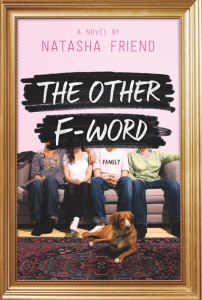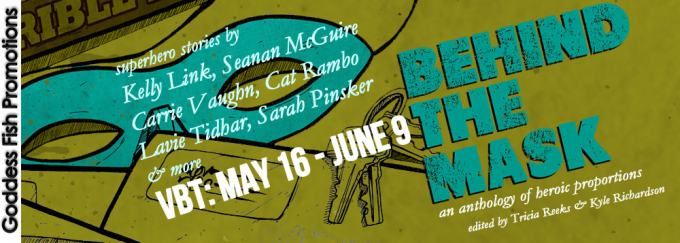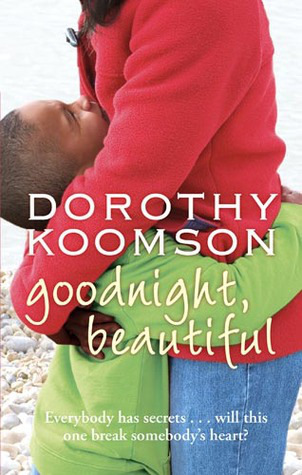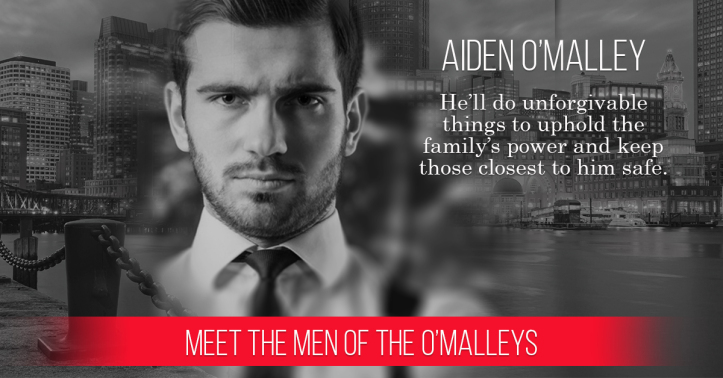d Review: The Other F-Word by Natasha Friend
Review: The Other F-Word by Natasha Friend
Source: ARC courtesy of Raincoast Books. Thank you!
Expected publication: March 7, 2017 by Farrar Straus & Giroux
Book Description:
Hollis Darby-Barnes has never met her father, but she hates him. For making her feel like a lab experiment, a half-person, a freak. Sometimes she fantasizes about tracking the guy down, setting up a time and a place to meet, and then—right after she says, “Hi, I’m Hollis”—slapping him across the face.
Milo Robinson-Clark has never met his father, but he wants to. He’s memorized the profile: Height (six feet). Eyes (hazel). Hair (dark, thick, and curly). Does he need to cut it every four weeks to avoid looking like a mushroom? Does he also have dark, thick eyebrows? What about body hair? These are the things Milo wonders about.
When Hollis and Milo met on a seesaw in Brooklyn a gazillion years ago, in some weird sperm donor/lesbian mom reunion, neither of them thought twice. But when they reconnect as teenagers to find the man who gave them life, everything changes. Only together can Hollis and Milo discover that family—in all of its weird, messy, freakish permutations—is the only thing that really matters.
Natasha Friend is an author whose work I have been reading and enjoying since I first picked up her YA novel, My Life in Black and White. Her recent middle grade novel, Where You’ll Find Me, is a terrific read and made my Best of 2016 Children’s Fiction list. In her latest contemporary YA novel, The Other F-Word, Friend takes on family– the other f-word- and all of its complicated, thorny, wonderful, heartbreaking and awesome parts.
The novel follows two protagonists (in alternating third-person narratives) through the course of the story: fifteen year old Milo and fourteen year old Hollis. Milo and Hollis met years before as children, when their respective moms connected via a sperm donors group. Now teenagers, Milo and Hollis are essentially strangers and have not been in touch since that fuzzy childhood meeting. The only connection they currently share is DNA: they have the same sperm donor as their biological father. Milo attempts to reconnect with Hollis due to medical reasons and his own frustrations of having to live such a protected, restricted and careful life: from childhood, he has been suffering from severe (some near-fatal) allergic reactions, and his doctor floats the possibility of learning more about his half-sibling’s health history and his biological father’s as a way to do more progressive/advanced allergy testing and trials on Milo.
The opening chapters of The Other F-Word are a wee bumpy in parts, but do give it time to settle in as once it finds and gets into its quick, witty and heartfelt rhythm, it is a winner. As noted, the early few chapters of the novel come across as a little hasty: the voices of both Milo and Hollis seem a but rushed, Hollis reads as much older than fourteen, and the medical reason for Milo reconnecting with Hollis arguably feels a wee tenuous. However, as Hollis and Milo begin their first steps in messaging, emailing and talking, and sharing their lives, the story takes on tremendous meaning. With great thoughtfulness, Friend takes on subjects such as: same-sex marriages and partnerships; rights (and lack thereof) afforded to same-sex couples; and what connotations and emotional weight (and pain) terms such ‘biologically related’ or ‘non-biologically related’ can bring to families. Once Milo and Hollis find their half-sibling circle is even larger and possibly stranger than previously thought, their intertwined story opens up even more, leading up to an incredible reunion of family. As the roster of characters grow, Friend does a wonderful job in keeping the increasingly engaging and bustling story moving along smoothly. In tandem, Friend ably keeps Milo and Hollis’s distinct voices and senses of humour running well, and the expanding role of Milo’s best friend JJ is a superb addition to the story.
Overall, The Other F-Word is a well-written, surprising and insightful contemporary YA story. While a funny read with laugh out loud moments of wackiness and sweetness, Friend also meaningfully writes about significant contemporaneous issues as related to family, and pulls off some emotional moments that are tender and so lovely. Already picking up steam with starred reviews from Publisher’s Weekly and Booklist, I do hope The Other F-Word gets read and enjoyed by a wide and appreciative audience. Readers who enjoy YA lit by authors ranging from Hilary T. Smith to Susin Nielsen or from Julie Halpern to Lindsey Leavitt, or those who like any unique YA that tackles real-life, family-centred issues with a great dose of humour and compassion, might especially adore The Other F-Word.
I received a copy of this title courtesy of Raincoast Books in exchange for an honest review. All opinions and comments are my own.
Advertisements Share this:- More





